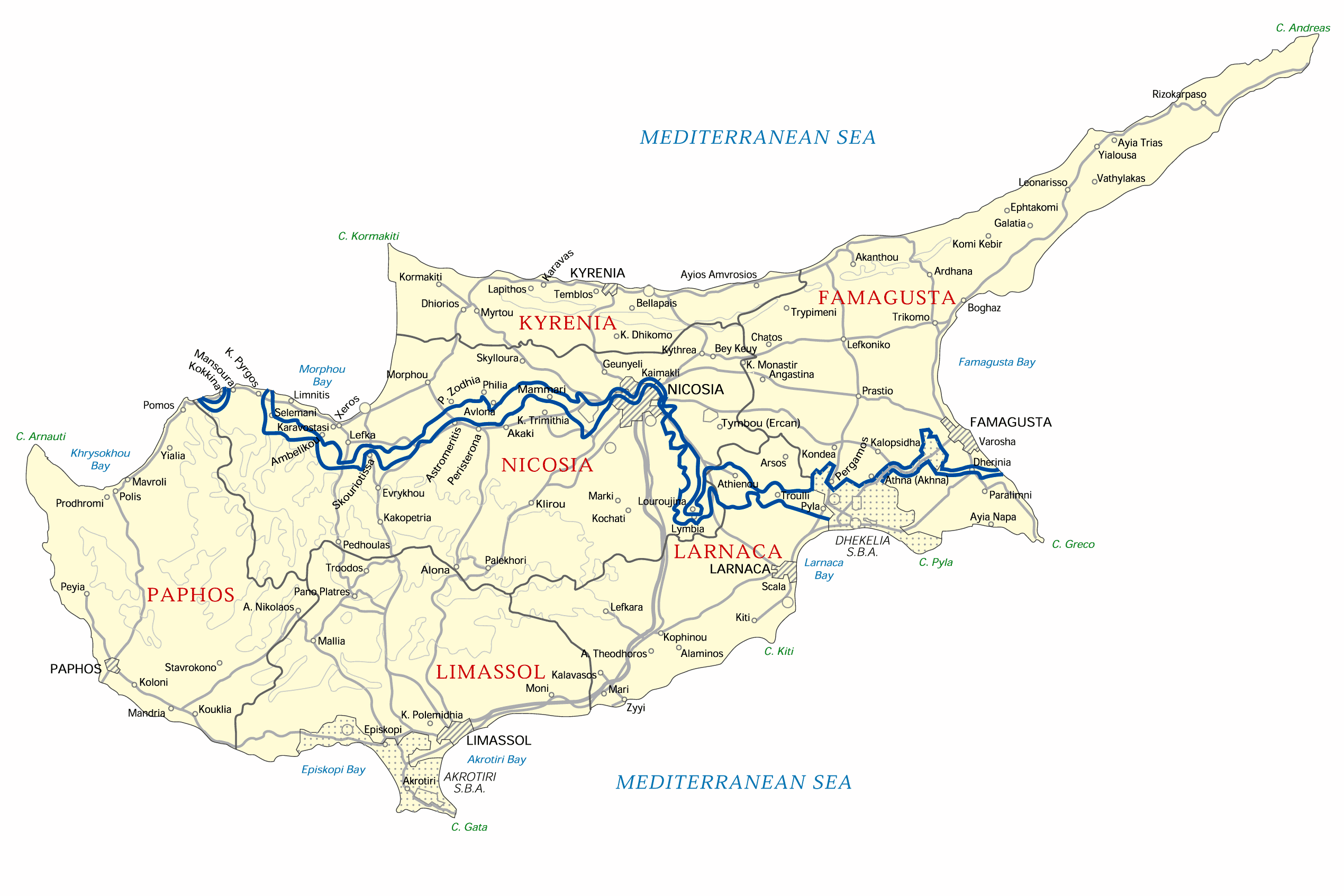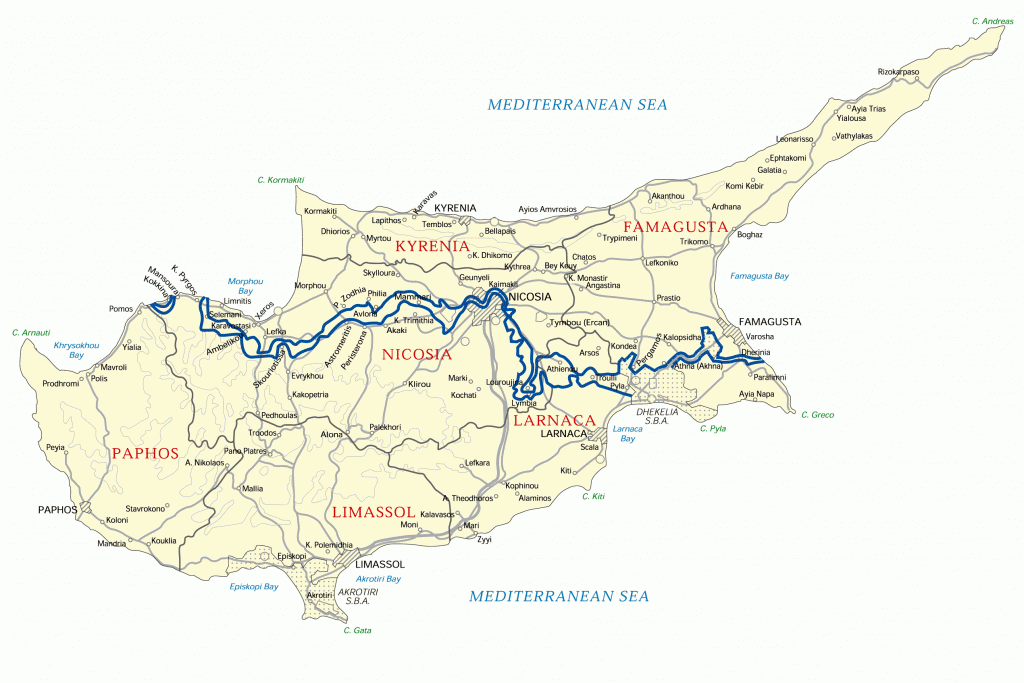Sourced : Politico
By Mujtaba Rahman (Head of Eurasia Group’s Europe practice)
The divided island of Cyprus is probably the closest it has ever been to being reunified. For the first time, both the North and the South have elected leaders who are genuinely willing to work toward a solution to the decades-old conflict.
Over the past year, Nicos Anastasiades, the internationally-recognized Greek Cypriot leader, and Mustafa Akıncı, the president of the self-declared Turkish Cypriot state, advanced the prospects of a deal by tackling thorny questions related to the economy, governance, EU affairs and property exchanges. But despite significant progress, a major roadblock remains: Turkey.
The island’s archaic security-guarantee structure has emerged as a major sticking point in negotiations. Resolving it would require that Turkey cede its right to unilateral intervention on the island and reduce the roughly 40,000 troops that have been stationed in the North since 1974, when Turkey invaded the island after a Greek coup. But its volatile president, Recep Tayyip Erdoğan, appears unwilling to compromise.
Erdoğan is hoping to consolidate his powers in an April referendum on a reform of the Turkish constitution. In order to win, he needs the support of nationalists, who fiercely oppose the idea of Turkey ceding its control over Northern Cyprus.
As nothing is agreed in the Cyprus deal until every element is agreed, Erdoğan’s stance risks scuppering the negotiations and sinking a golden opportunity to reunify one of Europe’s last divided nations. While many involved in negotiations believe Erdoğan’s stance will soften after the referendum — meaning reunification will be simply delayed, not derailed — this is too optimistic.
Erdoğan will still be mindful of his post-referendum popularity — especially as the country faces down a potential economic crisis. More importantly, the additional presidential powers the referendum would grant him will only be secured after another round of elections, meaning there is a very real risk of early elections — and a real need for him to maintain the support of nationalists.
Turkey does have incentives to support reunification. Its troops in the North are costly, posing a burden at a time when the economy is teetering. An agreement would also allow Turkey to build its economic footprint in a reunified Cyprus and bring it one step closer to its ambition of becoming a regional gas hub.
But these are all secondary considerations in Erdoğan’s drive to consolidate power domestically, and he will be reluctant to do anything that does not directly advance that aim. Polls continue to show that voters are evenly split ahead of April’s referendum. Erdoğan will have to mount an aggressive campaign and mobilize all of his usual levers — control of the media, influence in state institutions, populist economic measures, and worries about the Islamic State, the Kurds and the Gülen movement — to clinch a Yes vote. The Cyprus issue poses a risk to the nationalist votes he desperately needs.
More broadly, Erdoğan has nothing immediate to gain from supporting reunification. The EU is unlikely to throw him a bone — such as visa liberalization — given its preoccupation with the outcome of tight election races in the Netherlands, France and Germany and strong opposition from within EU institutions to making any concessions regarding its already strained relations with Turkey.
The fact that Turkey would also have to forgive a portion of the North’s debt in order to make an agreement economically viable is another reason to be pessimistic. And while U.S. President Donald Trump’s foreign policy priorities are still far from clear, it’s safe to say the U.S. administration is not overly concerned with pushing for reunification or taking a position on Turkey.
Anastasiades and Akıncı, busy fighting an uphill battle to sustain the negotiations’ momentum, have become increasingly vulnerable to negative shifts in public opinion, as well as interference from political parties who oppose the deal from both sides of the island — as evidenced by the recent fallout over a contentious law pushed through the Greek Cypriot parliament by a fringe nationalist party, which makes the commemoration of a 1950 vote to join Greece compulsory in schools.
Add to those factors Anastasiades’ presidential campaign — in which he will be tempted to tack to a more nationalist line — and the possibility that the Turkish Cypriot government could decide to grant Cypriot citizenship to Turkish nationals, and a deal looks increasingly unlikely.
Erdoğan’s ambitions have long imperiled Turkey’s domestic stability and its relations with the EU and other neighbors. Sadly, it now seems they will sink Cyprus’ historic opportunity to reunify as well.


